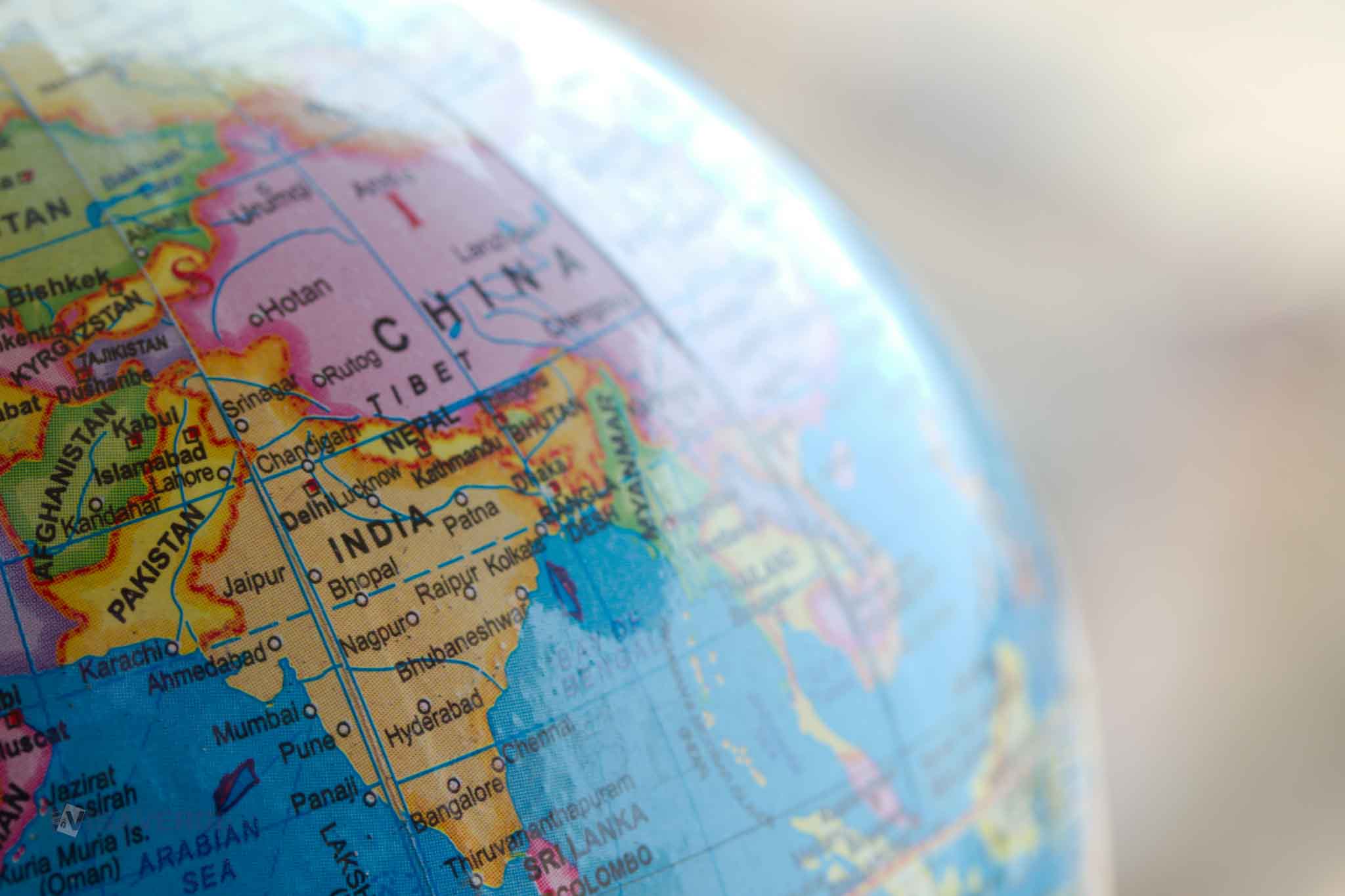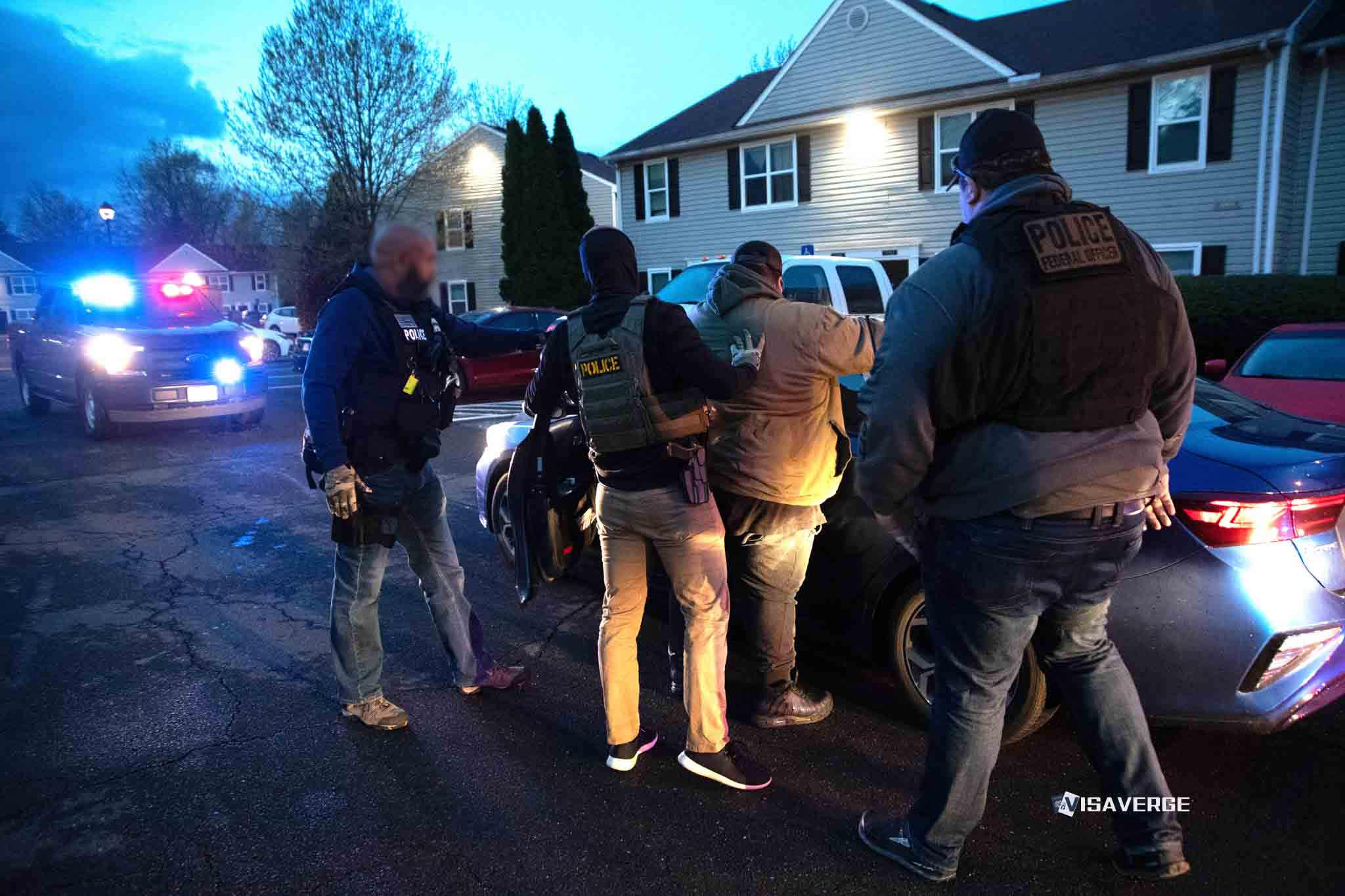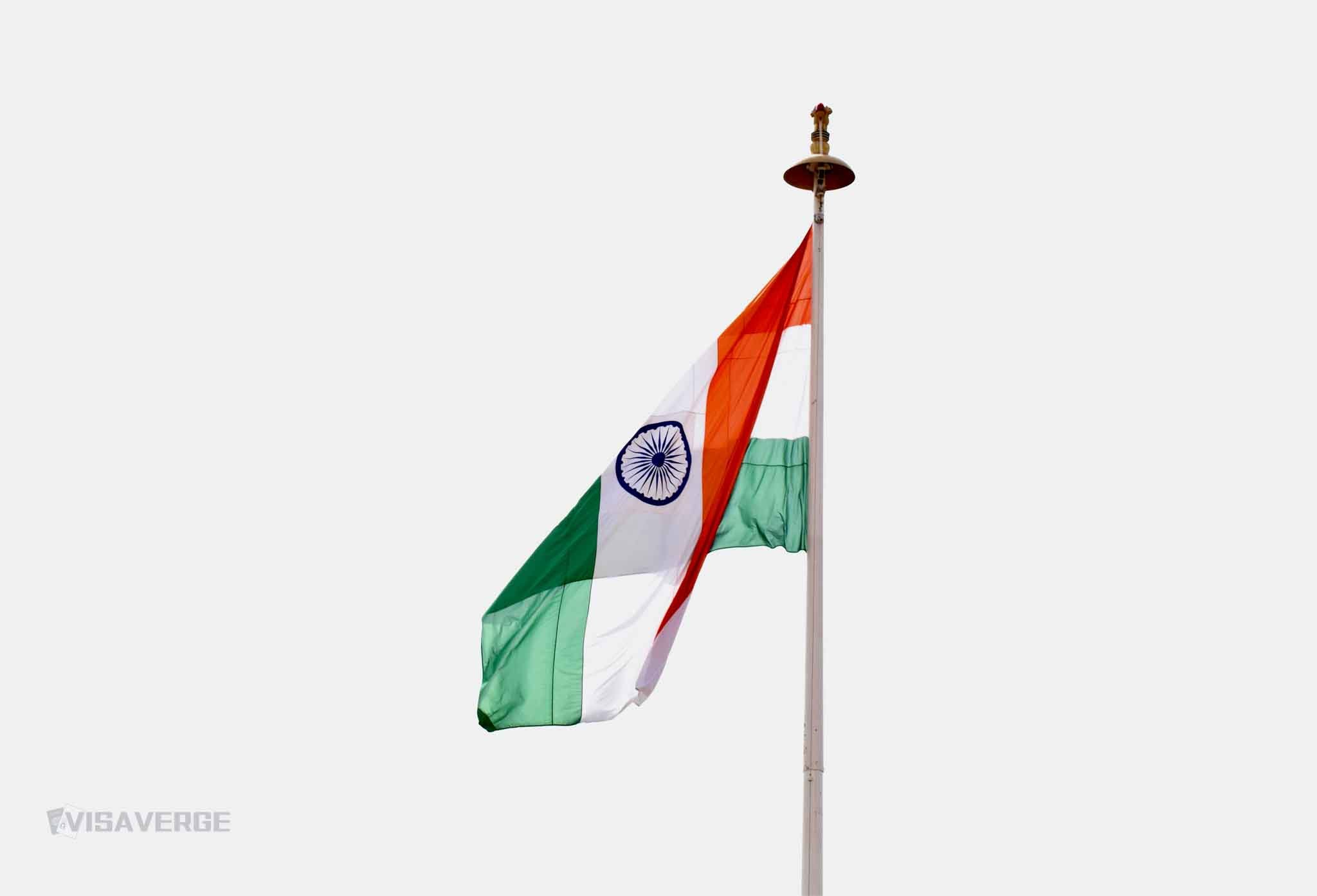Key Takeaways
• On May 19, 2025, India’s Supreme Court ruled non-citizens lack automatic right to stay in India.
• Rohingya refugees holding UNHCR cards cannot claim legal protection under Indian law and face deportation.
• The Foreigners Act governs foreign nationals’ stay; only Indian citizens have constitutional right to reside.
India’s Supreme Court recently made important decisions about the rights of people from other countries who are living in India, focusing on refugees and immigrants. On May 19, 2025, the Supreme Court clearly stated that people who are not Indian citizens do not have an automatic right to stay in India. This decision affects many groups, especially Rohingya refugees, and sends a strong message about how Indian law views immigration and refugee claims.
Summary of Legal Changes

The Supreme Court’s latest decisions confirm that the right to live and settle in India belongs only to Indian citizens. The Court made it clear that refugee status or papers from organizations like the United Nations High Commissioner for Refugees (UNHCR) do not, by themselves, allow someone to permanently live in India. All foreign nationals, including Rohingya refugees, must follow Indian law as set out in the Foreigners Act. If the government finds they do not meet the legal requirements, then they can be deported.
The Court summed up its position using strong words. It reminded everyone that “India is not a dharamshala.” In simple terms, the judges said India cannot act as a shelter or resting place for people from all over the world. The Court added that with a population of about 140 crore (1.4 billion), the country cannot host every foreign national who arrives. This position is now firmly set in Indian law for all future cases.
Background and Reasons for the Change
India has a long history of accepting people fleeing violence, war, and unsafe situations from neighboring countries. Over the years, India has received refugees from places like Tibet, Bangladesh, Sri Lanka, Afghanistan, and Myanmar. Most of the time, India allowed them to stay because of humanitarian needs. However, these recent decisions show that the Supreme Court now follows a stricter approach.
One reason for this change is that India does not have a special law for refugees. India is not part of the 1951 Refugee Convention or the 1967 Protocol. This means the country can choose to handle immigration and refugees on its own terms. The government and the courts worry about security problems and the challenges of carrying such a large population. Lawyers for the government often say that letting in more migrants, especially Rohingya refugees, makes it harder to keep India safe.
Another important reason is that the Supreme Court believes Indian laws should be followed first. The Court often repeats that while international groups can offer help or advice, only Indian law counts in court. This view shapes almost every important decision about refugees and immigrants today, as reported by VisaVerge.com.
How the Ruling Affects Immigration Law
These rulings affect many parts of India’s immigration system. Most importantly, the Court said that the right to live and settle in India (under Article 19(1)(e) of the Constitution) belongs only to citizens. Article 21 of the Constitution, which deals with the Right to Life, applies to everyone within India, not just citizens. However, the Court stated that Article 21 does not grant the right to stay in India forever if someone is not a citizen.
The Foreigners Act is the main law in this area. It gives the Indian government complete control over the entry, stay, and removal of foreign nationals, including refugees. Courts have said that if the government calls someone a “foreigner” under the law, then that person must be deported, no matter what international agencies or foreign-issued documents say. For example, if Rohingya refugees in India have identity cards from UNHCR, the Supreme Court says such cards hold no legal power under Indian law.
Recent Court Cases
Rohingya Refugees
On May 8, 2025, the Supreme Court faced a plea to stop the deportation of Rohingya refugees from Delhi. Rohingya Muslims have fled Myanmar due to violence and face serious risks if forced back. Lawyers argued that India should let them stay because their lives are in danger if returned.
However, the Court stuck to its previous view, saying, “If they are foreigners as per the Foreigners Act, then they have to be deported.” The judges pointed out that holding UNHCR cards would not protect under Indian law. This means even if refugees hold international documents confirming their status, this does not automatically protect them from being returned to their country.
A new petition, filed on May 13, 2025, claimed that 43 Rohingya refugees were forced onto boats and left at sea by Indian authorities. The petitioners said these actions might risk the refugees’ safety. The Court did not make any quick decisions or orders in this case but agreed to discuss the matter on July 31, 2025, showing it is ready to hear new evidence and arguments.
Sri Lankan Tamil Refugee
Also in May 2025, the Supreme Court ruled against a Sri Lankan national, a Tamil citizen, who had been in jail in India for seven years under the Unlawful Activities (Prevention) Act. After he finished his sentence, he asked the Court to let him stay in India, saying he faced danger to his life back in Sri Lanka. The Court refused, telling him, “Go to some other country,” and restated India’s position: only Indian citizens have the right to reside in India.
Why the Supreme Court Holds These Views
India’s Supreme Court believes that the country’s population is already very large and any further increase creates more challenges for resources, public order, and national security. The justices often repeat that the country must obey its own laws rather than international rules unless those international rules are passed into Indian law by parliament.
Officials from the government, including the Solicitor General, told the Court that:
- UNHCR-issued refugee papers do not give someone the right to stay in India.
- The Indian government alone decides who can stay, under the Foreigners Act.
- International principles or advice from foreign organizations do not override Indian law.
This point of view matches a trend seen in recent years, with both the government and the courts sending a firm message that India controls its own immigration policy.
Differences From Earlier Policies
India once opened its doors to many people in need. For example, it housed Tibetans after 1959, helped Bangladeshis after the 1971 war, and allowed Sri Lankan Tamils and people from Afghanistan to stay during times of crisis. These decisions often happened for humanitarian reasons and as exceptions, not as the rule.
Today, the judiciary and the government are stricter, and policy relies more on legal rules than humanitarian considerations. Without being part of the UN’s refugee treaties, each group’s case is judged by Indian law, and refugee-specific protections do not automatically apply. In the past, some flexibility was possible, but now, India’s courts and government see strict enforcement as important for national security. Analysis from VisaVerge.com suggests that this shift reflects growing concerns about how immigration might affect domestic issues.
Views From Legal Experts and Officials
While official sources clearly support the court’s findings, critics worry about the effect on people fleeing real danger. Senior lawyers such as Colin Gonsalves and Prashant Bhushan argued that sending Rohingya refugees back to Myanmar could put their lives at risk, especially given reports of violence and genocide. However, the Court’s response was simple: as long as they are not Indian citizens, and as defined by the Foreigners Act, deportation is allowed.
The Solicitor General often argues that protecting the country’s borders comes first, and international pressures or recommendations do not change Indian law. The Supreme Court’s reasoning also shows a deep belief in parliamentary sovereignty—meaning that only the Indian parliament, not international bodies, can set or change India’s immigration rules.
Timeline and Implementation
The legal process that led to these strong positions has unfolded over several years. The first signs of this strict approach came in earlier Supreme Court cases, but the series of decisions from May 2025 have made the current policy very clear. From now on, the Foreigners Act will decide the fate of all foreign nationals, including refugees and people holding UNHCR documentation.
If government officials find someone in India who does not have a legal right to stay, then deportation proceedings begin. The authorities will check the person’s identity, whether they are listed as a foreigner under the law, and then act accordingly. While the courts can review and delay cases in special situations, their general policy is to let the government decide, as long as it acts under Indian law.
Implications for Different Groups
Current Visa Holders
People from other countries who follow the rules—such as holding valid visas, work permits, or student visas—will not be affected by these decisions, as long as they do not overstay or break Indian law. For current visa holders, nothing changes as long as they respect all rules.
Refugees and Stateless People
For refugees who do not have Indian citizenship or a legal visa status, it is much harder to stay. Even if they hold international identity cards or documents issued by groups like UNHCR, Indian law does not give special status based on those documents alone. Many Rohingya refugees, who cannot return safely to Myanmar, may now face more deportation actions.
Employers and NGOs
Employers must be careful that all foreign workers have up-to-date paperwork and legal status. Non-governmental organizations (NGOs) who help refugees can still try to help them seek legal protection, but they cannot promise them a right to stay based on international refugee status.
Debates and Controversies
These rulings have created a debate about whether India is doing enough to protect refugees from violence and persecution. Human rights groups argue that India has an ethical duty to provide shelter to people at risk, but the Court prioritizes legal certainty and control over the borders. Some critics also question whether deporting people to unsafe countries goes against the general spirit of protection found in international human rights standards.
Others support the government and the Court, saying India must put its national interest first, due to the country’s size, population, and security threats. The Supreme Court’s decisions have become a symbol of this approach.
Court Hearings and Pending Cases
A few cases about refugee deportation, like the one involving Rohingya refugees allegedly left at sea, are still waiting for a final Court decision. The next hearing for that case is set for July 31, 2025. Until then, the Court has made no immediate orders, but its past rulings suggest it will likely side with the government unless there are strong reasons to do otherwise.
How the Process Works
If you are a foreign national in India, the key rule is to make sure you have a valid visa or some proof for legal stay. If the authorities find you do not, they may list you as a “foreigner” under the Foreigners Act, and this can lead to deportation. Appeals in court are possible, but recent Supreme Court decisions show that the government’s view usually prevails.
Advice for People Affected
If you or someone you know is worried about their status in India, it is important to seek legal advice from a trusted professional. Refugees, especially from Myanmar and Sri Lanka, should remember that UNHCR documents alone are not enough under Indian law. Only a court or the Indian government can grant long-term permission to stay, and that is now more difficult.
Conclusion
India’s Supreme Court has set a clear standard: foreign nationals, including Rohingya refugees, have no automatic right to stay in India. The right to reside and settle covers only citizens, and all other claims—whether based on humanitarian need or international status—must follow Indian law. The Foreigners Act is supreme, meaning the Indian government fully controls who can stay and who must go. As India faces ongoing debates about migration and security, this legal position is now stronger than ever. For further details on immigration policies, always refer to official government sources and stay informed through respected platforms such as VisaVerge.com.
Disclaimer: This summary does not provide legal advice. If you have questions about your particular case, please speak with an immigration lawyer or a certified legal advisor.
Learn Today
Supreme Court → India’s highest judicial authority responsible for interpreting the Constitution and laws.
Foreigners Act → 1946 Indian law controlling entry, stay, and removal of non-citizens in India.
UNHCR → United Nations agency that provides identity cards but no legal stay rights in India.
Deportation → The legal process of removing a foreign national found to violate immigration laws.
Article 19(1)(e) → Constitutional provision granting Indian citizens the right to reside and settle in India.
This Article in a Nutshell
India’s Supreme Court ruled that only Indian citizens can legally reside, dismissing refugee papers like UNHCR cards as insufficient. This reinforces strict immigration control under the Foreigners Act, affecting Rohingya refugees’ status and signaling a strong move to prioritize national law over international refugee protections.
— By VisaVerge.com
Read more:
• Trump Welcomes Afrikaner Refugees After Land Seizures
• India faces UN probe over deportation of Rohingya refugees
• Afghan Refugees Find New Hope in Chicago
• Immigration, Refugees and Citizenship Canada reports slower processing times
• Rohingya refugees reportedly forced by Indian authorities into sea near Myanmar













